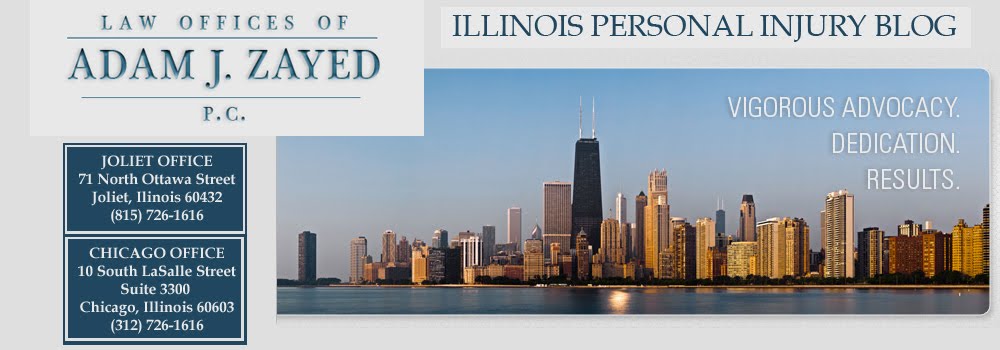When clients come into my office, they often ask:
how much is my case worth?
And this is a fair question, because it is very important to determine the amount an individual may be able to recover. It is important, however, to understand that there is a serious difference between the the amount an individual
should be able to recover
, the maximum potential recovery amount (the amount an individual c
ould recover), and how much the claim is actually worth (the amount an individual
will be able to recover).
In order to determine the maximum potential recovery amount, it is necessary to discover all available insurance coverage and all other avenues of compensation. I touched upon these issues briefly in my previous post.
An experienced
personal injury attorney will be able to run the gauntlet of the personal injury claims process in order to find all applicable insurance coverage.
In the state of Illinois, mandatory auto insurance laws require that insurance is, at minimum, maintained in the following amounts:
- $20,000 for injury or death of one person in an accident;
- $40,000 for injury or death of more than one person in an accident; and
- $15,000 for damage to property of another person.
Actual amounts of insurance coverage vary on a case by case basis. But many people choose to obtain the minimum amount of auto-insurance in order to keep their insurance expenses low. In fact many insurance companies
only write these minimum insurance policies in an effort to limit their exposure.
The circumstances of a case also give rise to the possibility of additional insurance coverage. For example, if a defendant was an employee driving a company vehicle, the company may very well be liable. Or where a driver of a vehicle is not the owner, the actual owner may very well have applicable insurance coverage.
Of course, it is necessary to look at the insurance coverage of the plaintiff to discover other avenues of insurance coverage, such as uninsured and underinsured coverage.
Once all liable parties are discovered and all applicable insurance coverage is discovered, it is important to determine the actual value of your case. And very often this value is higher than the total amount of insurance coverage.
Insurance coverage aside, there are several factors that can limit recovery. These factors include, but are not limited to:
- the amount of property damage--the more visible the property damage the more likely an insurance company is to pay the actual value of a claim;
- whether a plaintiff has had previous injuries--previous injuries will usually decrease compensation offered by insurance companies;
- whether shocking, wanton and egregious behavior caused the injuries;
- the degree and visibility of injuries--the more plainly visible the injury the easier for juries to understand why plaintiffs deserve compensation; and
- degree of fault, if any, attributable to the plaintiff.
There are many obstacles to claiming the compensation due for personal injuries. And it is important to remember that determining the amount of compensation an individual will receive is not as simple as multiplying medical expenses by three. However, personal injury attorneys take great pride in
advocating for plaintiff's rights. And a
skilled personal injury attorney will bridge the gap between the compensation individuals
should receive and what they
will receive, ensuring that plaintiffs receive full value for their injuries in the face of obstacles presented by the facts of the case and available insurance coverage.
